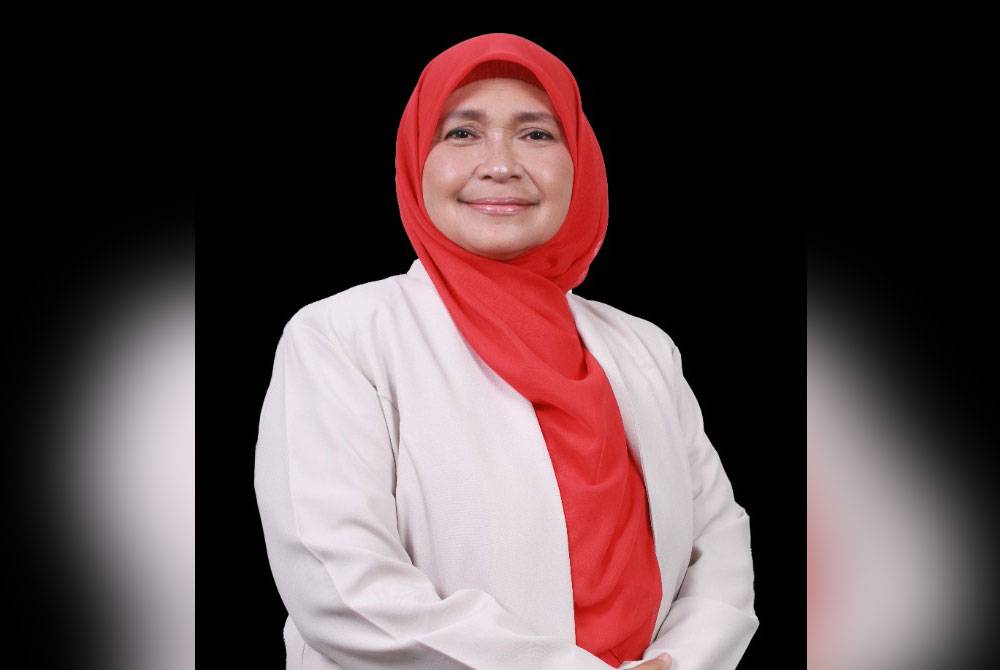Citizenship woes: Dr Hafidzah highlights challenges for moms with overseas-born kids

SHAH ALAM - The long-overdue change needed to the citizenship law to address the inequality facing mothers is vital.
Kota Lama assemblyman Dr Hafidzah Mustakim said the delay for such changes despite decades of independence was concerning and it must be addressed urgently.
She was commenting on the government's plans to amend the Federal Constitution provision to automatically allow Malaysian mothers with a foreign husband the right to confer citizenship on their children born overseas, a privilege currently afforded to only Malaysian fathers.
This comes on the heels of a legal action filed by activist groups for a change to equalise rights of both Malaysian fathers and mothers over the children's citizenship.
Hafidzah said in her state constituency, there were cases of women who were married to foreigners facing difficulties to confer citizenship to their children as their children were born overseas.
"The long-overdue changes are crucial for gender equality and humanitarian reasons. This delayed review highlights the importance of learning from experiences and the ongoing struggle for progress.
"I can't provide a specific number of cases related to the citizenship issue in Kota Lama, but I can confirm that such cases do exist based on my encounters. This situation adversely affects the children as well.
"Even if one person suffers because of the outdated law, it is serious. Therefore, it's crucial to undergo the necessary processes for such amendments to be tabled and subsequently be implemented.
"Our goal is to alleviate the suffering of many individuals, particularly women and children, who are impacted by this law," she added.
However, Hafidzah said she acknowledged the time-consuming nature of the process, particularly for cases where a Malaysian woman married a foreigner, leading to a prolonged procedure for their child to acquire Malaysian citizenship.
She also shared her perspective on the proposed amendment to Article 15(A) in the Federal Constitution aiming to reduce the age limit for citizenship registration from 21 years to 18 years.
She said at the age of 18, an individual is considered an adult and no longer a child, making it logical to align the citizenship registration age with this milestone and there is no valid reason to prolong the age limit to 21 years old.
On the proposed amendment to Section 19B, Part III of the Second Schedule from citizenship by 'operation of law' to citizenship by 'registration', she said would have an effect on foundlings or abandoned children who will no longer be entitled to have automatic citizenship if the amendment was made.
"Of course it is important to give the benefit of the doubt to foundlings, however it is necessary for stricter regulations to ensure that automatic citizenship is not granted without sufficient background information.
"The government is always committed to enhancing laws to better serve the evolving needs of society," she said.
She also expressed support for the proposed amendment to Article 26(2), advocating for the replacement of the phrase 'date of marriage' with 'date of obtaining citizenship'.
She emphasised the importance of this amendment in preventing abuse of citizenship privileges by foreign spouses who marry Malaysian citizens for personal gain, such as obtaining business licence, only to abandon their Malaysian partners afterwards.
"It is important to safeguard the rights of Malaysian citizens and prevent exploitation of citizenship laws for fraudulent purposes," she said.















